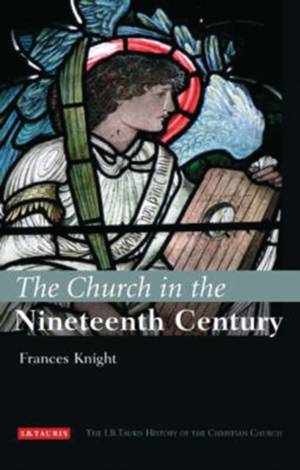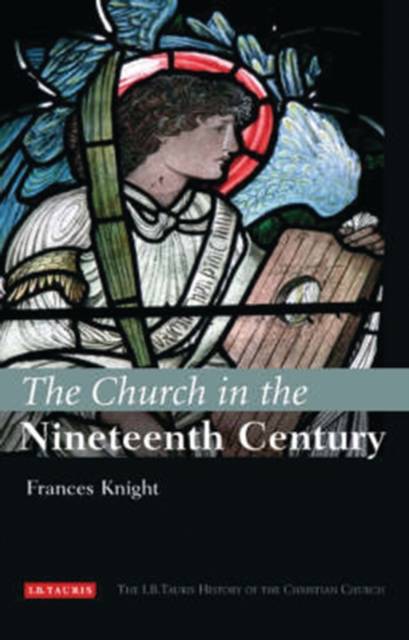
Bedankt voor het vertrouwen het afgelopen jaar! Om jou te bedanken bieden we GRATIS verzending (in België) aan op alles gedurende de hele maand januari.
- Afhalen na 1 uur in een winkel met voorraad
- In januari gratis thuislevering in België
- Ruim aanbod met 7 miljoen producten
Bedankt voor het vertrouwen het afgelopen jaar! Om jou te bedanken bieden we GRATIS verzending (in België) aan op alles gedurende de hele maand januari.
- Afhalen na 1 uur in een winkel met voorraad
- In januari gratis thuislevering in België
- Ruim aanbod met 7 miljoen producten
Zoeken
€ 115,45
+ 230 punten
Omschrijving
The nineteenth century was one of the most fascinating and volatile periods in Christian history. It was during this time that Christianity evolved into a truly global religion, which led to an ever greater variety of ways for Christians to express and profess their faith. Frances Knight addresses the crucial question of how Christianity contributed to individual identity in a context of widespread urbanisation and modernisation. She explores important topics such as the Evangelical revival led by the likes of the founder of the Christian Mission - later the Salvation Army - William Booth; the Oxford Movement under Newman, Keble and Pusey; Mormonism and Protestant revivalism in the USA; socialism and the impacts of Karl Marx and anarchism; continuing theological divisions between Protestants and Catholics; and the development of pilgrimage and devotion at places like Lourdes and Knock. Her book also examines the most significant intellectual trends, such as the rise of critical approaches to the Bible, and the different directions that these took in Britain and America.
The author's unique emphasis on the 'ordinary' experience of Christians worldwide makes her volume indispensable for students and general readers who will be fascinated by this sensitive twenty-first century perspective on the nineteenth century.
The author's unique emphasis on the 'ordinary' experience of Christians worldwide makes her volume indispensable for students and general readers who will be fascinated by this sensitive twenty-first century perspective on the nineteenth century.
Specificaties
Betrokkenen
- Auteur(s):
- Uitgeverij:
Inhoud
- Aantal bladzijden:
- 256
- Taal:
- Engels
- Reeks:
Eigenschappen
- Productcode (EAN):
- 9781850438991
- Verschijningsdatum:
- 1/04/2008
- Uitvoering:
- Hardcover
- Formaat:
- Genaaid
- Afmetingen:
- 166 mm x 235 mm
- Gewicht:
- 557 g

Alleen bij Standaard Boekhandel
+ 230 punten op je klantenkaart van Standaard Boekhandel
Beoordelingen
We publiceren alleen reviews die voldoen aan de voorwaarden voor reviews. Bekijk onze voorwaarden voor reviews.









